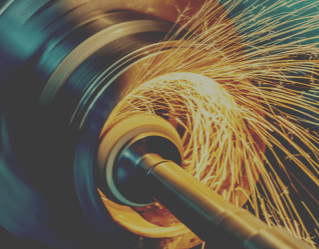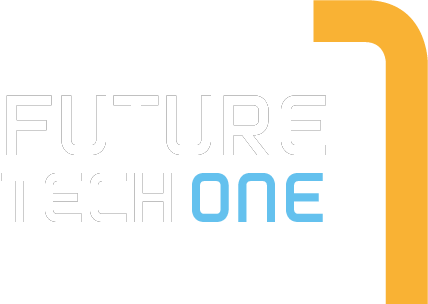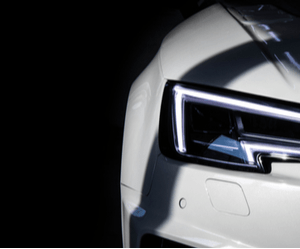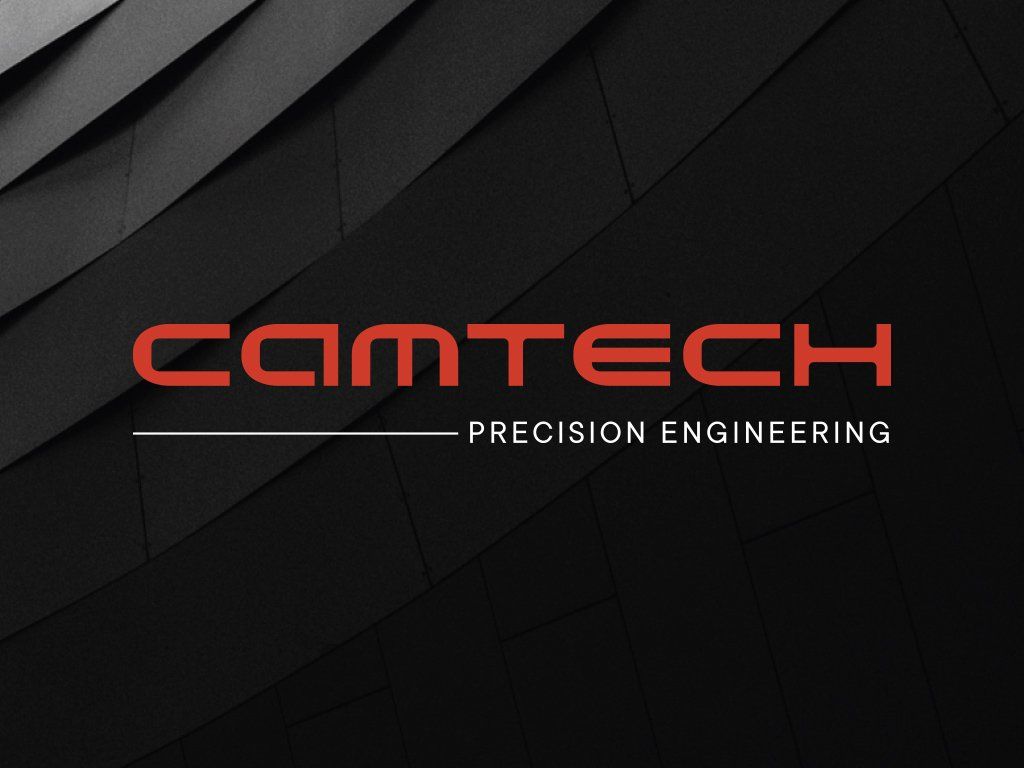Methods of Creating Prototypes for High Performance Car Parts
Rapid 3D Printing
Rapid Prototyping refers to the process of fast fabrication of a physical part, model or assembly using 3D CAD. The creation is usually completed using additive manufacturing, more commonly known as 3D printing, which in short means that the final part mass is higher than that of the initial stock due to the adding of material rather than subtracting or rearranging it. The end result is a scale model that closely matches the proposed finished product. This is known as a high-fidelity prototype – as opposed to a low-fidelity prototype, where there is a noticeable difference between the prototype and the manufactured product.
The implementation of Rapid Prototyping in the automotive industry has been a useful tool in the pre-manufacturing stage for over a decade now in regard to the development process as well as in design verification and assessment. The technologies behind this has steadily improved over the years, and has led to faster and more efficient product development that still manages to churn out high-quality, defect-free car parts. The greatest advantage of this method is its ability to create almost any car part without the need for tooling or special fixtures. Plastic prototyping can be utilised in every stage of the development process and metallic prototypes in the earlier stages.
And as we mentioned before, developing prototypes for high performance car parts is a crucial process to ensure a prime end product that meets performance expectations, safety requirements and high-quality standards. Rapid Prototyping does all this while being more cost-effective as it is an automated process that requires little manual input and accelerates the development process for speedier delivery of the final product.
Rapid CNC Machining
Where 3D printing is an additive manufacturing process, Computer Numerical Control (CNC) machining is subtractive. This method makes it possible to utilise computerised controls and machine tools to remove layers of material from a stock piece or blank workpiece to produce a custom-designed part. It is particularly useful in sectors where high accuracy is necessary, like in the automotive industry. CNC machining produces high-quality, consistent and reliable car parts in a cost-effective and efficient manner.
CNC machining is commonly used in the later stages of the development process when a prototype has reached the production testing stage. At this stage, it is necessary to implement the machining processes close to those that will happen in the manufacturing process of the final product. This will show any faults or shortcomings that need to be revised before finalisation. CNC machining prototyping plays an important role during this stage as it creates parts with incredible strength and tests the manufacturing process of mass production.
This method of prototype development is also cost-effective and speedy while still delivering high-quality, defect-free car parts. As different prototypes are required at the various stages of the development process, it is recommended that both these methods be used as each one will provide a more accurate model of the design at that time.
Prototype development plays an important role in the automotive manufacturing process and is a crucial step in producing high performance car parts of the best quality. Testing prototypes in various phases of the development process accelerates manufacturing and is a cost-effective practice that ensures an optimal final product.
Camtech offers prototype development services for the automotive industry, no matter how complex the process. We offer both CNC machining and 3D printing methods to create high-fidelity prototypes that accurately reflect your desired end product. Our complete integrated service covers design right through to high-end manufacturing, providing high-precision performance engineering at its finest using the latest technology and optimal production procedures. And as one of the UK’s leading and most innovative engineering businesses, our first-class reputation in the automotive arena and extensive expertise across numerous fields, including aerospace, means that our manufactured products are always at optimal performance, quality and safety.
Our experienced engineers work as a unified team to get your project complete, on budget and on time. And we have the proof to show for it. Products manufactured by Camtech have been used on many high-end marques including Porsche, McLaren, Aston Martin, Ferrari, Bentley, Bugatti, Subaru and more.
Get in touch to see how we can assist with all your prototype development needs.

FUTURE TECH ONE LTD
Registered Office:167-169 Great Portland Street, 5th Floor, London,W1W 5PFP
Email us below:hello@FutureTechOne.com
FUTURE TECH ONE LTD
Registered Office:
167-169 Great Portland Street, 5th Floor, London,
W1W 5PFP
Email us below:
hello@FutureTechOne.com
All Rights Reserved | FUTURE TECH ONE LTD



